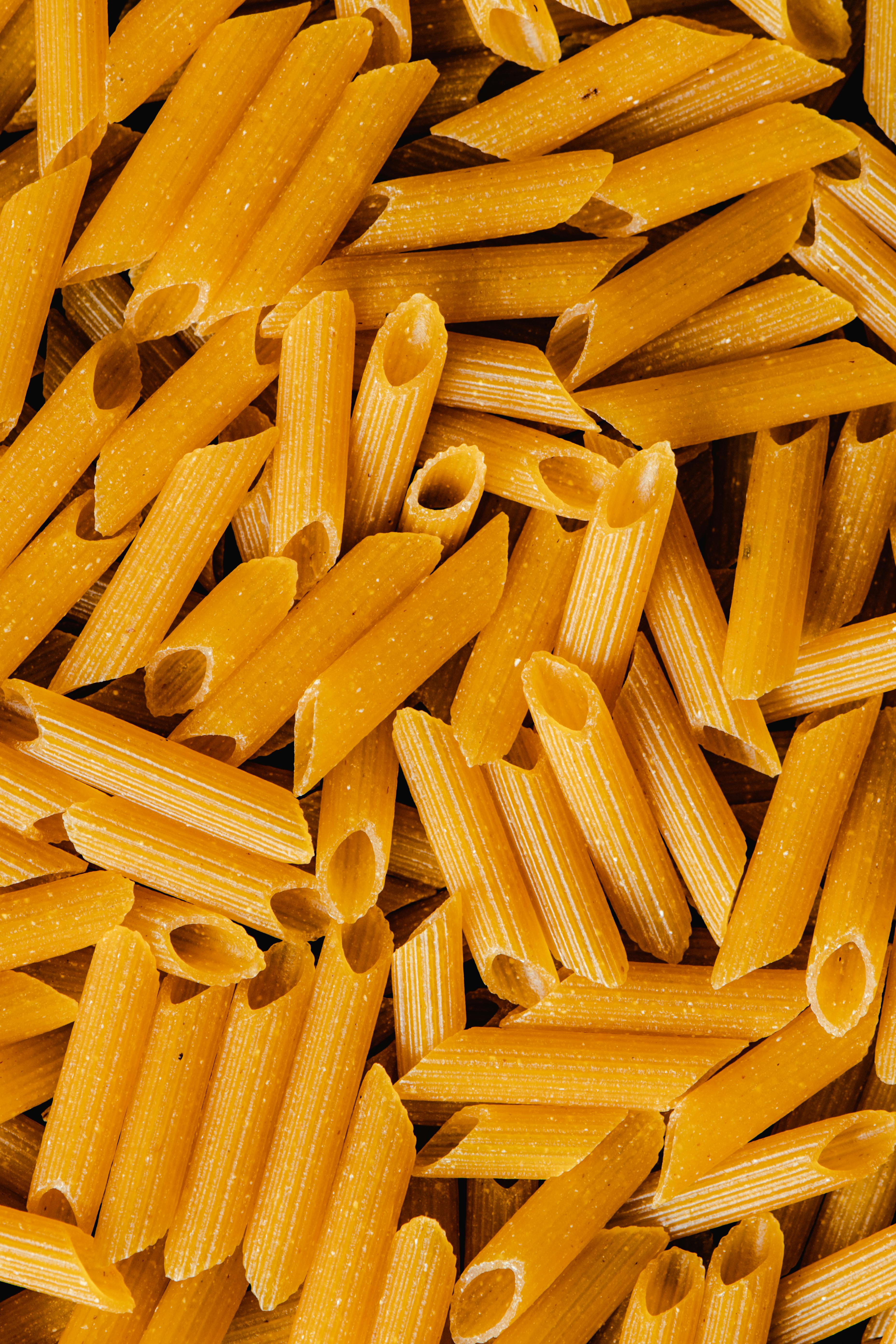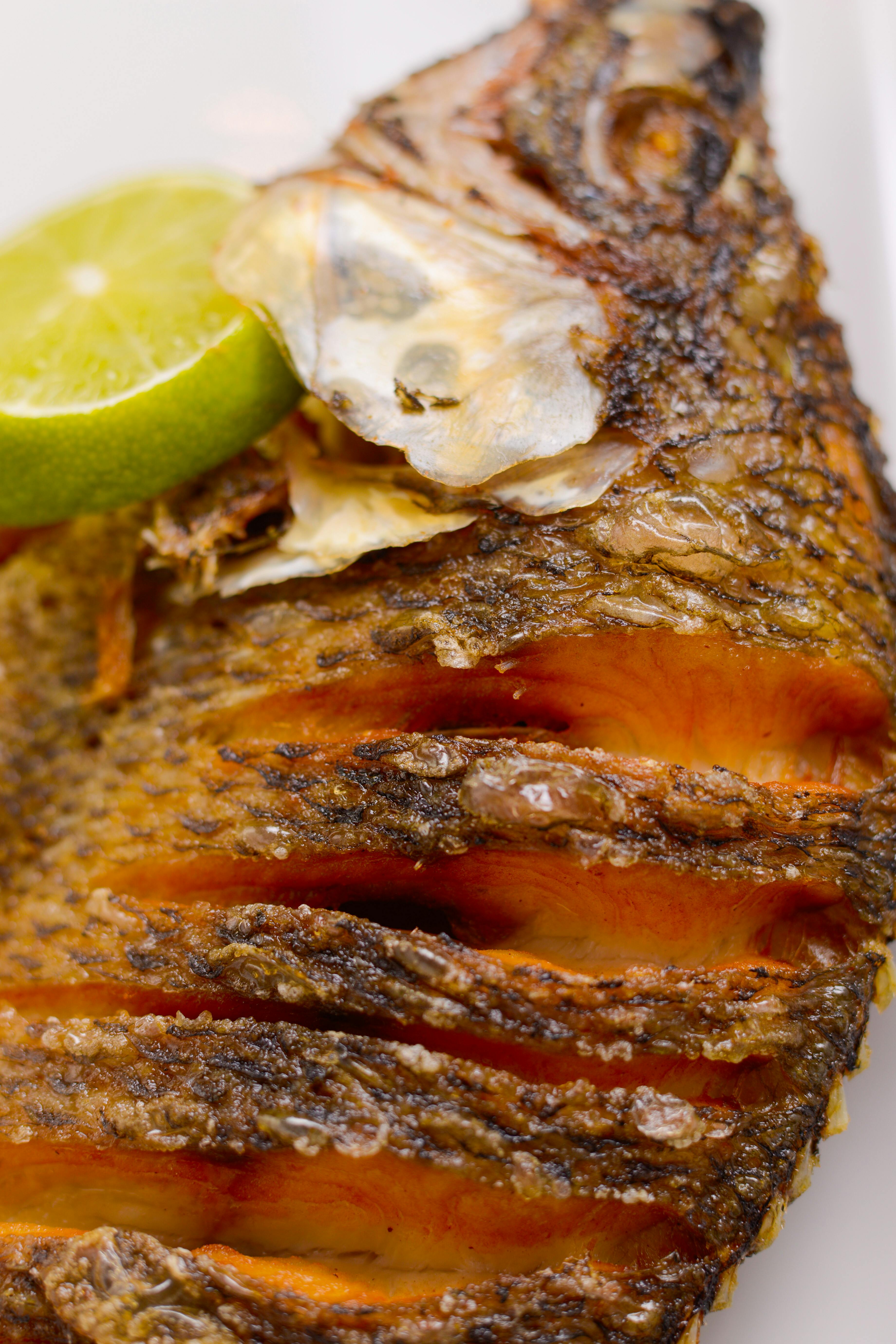Essential Guide to German Shepherd Diet for Optimal Health in 2025

Essential Guide to German Shepherd Diet for Optimal Health in 2025
Understanding the best practices for your German Shepherd's diet is essential for maximizing their health and longevity. In 2025, dog owners are increasingly aware of the importance of selecting quality food and providing the right nutrition for their furry companions. A balanced diet can influence everything from their energy levels to their overall well-being. This article will explore the various dietary needs of German Shepherds, including puppy nutrition, dietary restrictions, and meal planning. We will also discuss how to manage weight effectively and the importance of hydration, aligning with the latest trends in dog nutrition.
By the end of this guide, you will feel empowered to make informed choices regarding your German Shepherd's diet, ensuring they lead a happy and healthy life.
Understanding German Shepherd Dietary Needs
German Shepherds have unique dietary requirements that differ from those of other breeds, primarily due to their size, energy levels, and susceptibility to certain health issues. Understanding these dietary needs is crucial for maintaining their health.
Nutritional Requirements for German Shepherds
The nutritional requirements for a German Shepherd revolve around protein, fats, carbohydrates, vitamins, and minerals. A high protein diet is essential for muscle maintenance, while fats provide energy and support for skin and coat health. Key vitamins and minerals, such as calcium and phosphorus, are vital for bone health, especially in puppies and senior dogs.
Additionally, high fiber diets can improve digestive health, making ingredients like pumpkin and sweet potatoes beneficial. It's worth noting that active German Shepherds may need more calories than those that are less active, making adjustments essential for maintaining an ideal weight.
High Protein Diet for German Shepherds
Protein is the backbone of a German Shepherd's diet, supporting their muscle development and overall health. High-quality sources like chicken, beef, and fish should be included in their meals. A diet low in protein can lead to lethargy, muscle atrophy, and a weakened immune system. Dog food formulated specifically for larger breeds typically provides adequate protein levels to support their needs.
Moreover, a raw food diet can also be beneficial if done correctly, as raw meats, bones, and organ meats offer high protein content, promoting healthier skin and coat and reducing allergens in food.
Common Allergies and Sensitivities
German Shepherds are prone to certain food allergies and sensitivities, often characterized by gastrointestinal issues or skin irritations. Common allergens include wheat, dairy, and specific proteins. Transitioning to a grain-free or limited-ingredient diet if you suspect food allergies can help alleviate symptoms and improve overall health.
Understanding dog food ingredient labels is crucial in identifying potential allergens. Always keep an eye on reactions to new foods and consult a veterinarian if allergies are suspected. Incorporating hypoallergenic treats can also provide healthy alternatives when training or rewarding them.
How to Choose the Best Food for German Shepherds
Choosing the best food for your German Shepherd involves evaluating ingredient quality and nutritional balance. Look for premium dog food brands that contain high-quality animal proteins listed as the first ingredient. Grain-free diets may be beneficial, but it's essential to consult with your veterinarian to validate the specific needs of your dog.
Additionally, consider the size of kibble; larger pieces can help maintain dental hygiene by reducing plaque build-up. For those opting for homemade diets, ensuring a balanced mix of proteins, vegetables, and essential supplements is key to meeting their nutritional needs.
Balanced Meal Planning for German Shepherds
Creating a balanced meal plan is vital for your German Shepherd's health, ensuring they receive the right nutrients required for maintaining energy levels and good health.
Ideal Feeding Schedule for German Shepherds
Setting a consistent feeding schedule helps regulate a dog’s eating habits. For adult German Shepherds, feed them twice a day; for puppies, a schedule of three to four times can support their rapid growth and energy needs. Maintaining a routine can also help manage their energy levels throughout the day.
In terms of quantity, following the feeding guidelines provided by the dog food brand can help prevent overfeeding. Utilizing measuring cups or a food scale can ensure accuracy in food portioning.
Hydration: The Essential Component
Hydration is crucial for German Shepherds, as it impacts their bodily functions, digestion, and overall health. Ensure fresh, clean water is available at all times, especially after meals and exercise sessions. Monitoring your dog’s hydration levels can be a good indicator of their hydration status, as well as their general health.
German Shepherd Feeding Amounts
The feeding amount varies depending on your dog’s age, weight, activity level, and specific dietary needs. For a rough estimate, adult German Shepherds typically require 20 to 30 calories per pound of body weight per day. Keeping track of their weight and consulting your veterinarian can help adjust their diet accordingly as their activity levels change or as they age.
Homemade Diet for German Shepherds
If you're considering a homemade diet, ensuring it meets the necessary nutritional benchmarks is important. Incorporate lean protein sources, carbohydrates, healthy fats, and a variety of vegetables. Using supplements, such as fish oils or joint health products, can also enhance their meal planning. Working with a pet nutrition consultant can provide tailored advice to formulate a balanced homemade diet.
Supplements for German Shepherd Health
Supplements can play a significant role in supporting the diet of a German Shepherd. Conditions such as joint problems, allergies, and skin issues can often be managed or improved with the right supplements.
Vitamins and Minerals
Essential vitamins and minerals, such as Omega fatty acids, glucosamine, and chondroitin, can help promote joint health and enhance their skin and coat. For senior German Shepherds or those with active lifestyles, these supplements may help mitigate potential health issues and maintain mobility.
Additionally, understanding your dog's specific needs can guide your choices in selecting the right dietary supplements for maximum benefit.
Common Supplements for German Shepherds
In terms of common supplements, glucosamine and Omega-3 fatty acids are popular options for supporting joint health. Probiotics can also benefit digestive health, especially if your German Shepherd struggles with food sensitivities. Opting for veterinarian-recommended brands ensures quality and effectiveness.
Tailoring Supplements to Your Dog’s Needs
Each dog’s dietary supplement needs can vary based on age, activity, and health concerns. Conducting regular health checks with your veterinarian will help to track any changes and make necessary adjustments to their supplementary regime.
Identifying Dietary Changes
Keep an eye on how your German Shepherd responds to dietary changes, including the introduction of supplements. Changes in coat condition, energy levels, and overall behavior can indicate how well they are adapting. Maintaining communication with your veterinarian can help adjust their diet as needed for optimal results.
Q&A Section: Your German Shepherd Feeding Queries Answered
What is the best food for a German Shepherd?
The best food for a German Shepherd varies based on age, activity level, and dietary needs. Look for premium dog food brands with high-quality protein as the main ingredient. Consult your veterinarian for personalized recommendations.
How often should I feed my German Shepherd?
Adult German Shepherds typically benefit from two meals a day, while puppies require three to four meals. Establishing a consistent feeding schedule aids in digestion and weight management.
Can I give homemade treats to my German Shepherd?
Homemade treats can be a great way to reward your German Shepherd as long as they are balanced and healthy. Consider using ingredients like sweet potatoes or lean meats while avoiding unhealthy additives.
What are common food allergies in German Shepherds?
Common food allergies in German Shepherds include wheat, dairy, and certain proteins. Symptoms may manifest as skin irritations or gastrointestinal distress. Consulting a veterinarian can help determine the best dietary approach.

How can I manage my German Shepherd's weight?
Managing your German Shepherd's weight involves regulating food portions, ensuring a balanced diet, and incorporating regular exercise. Working with your veterinarian can provide tailored advice based on your dog's specific needs.

Conclusion: Prioritizing Nutrition for a Healthy German Shepherd
Choosing the right diet for your German Shepherd is essential for their health and happiness. With a focus on balanced nutrition, appropriate feeding schedules, and quality supplements, you can significantly enhance their quality of life. By staying informed on their dietary needs and adjustments, you empower your commitment to their well-being. For optimal results, maintaining regular veterinary consultations can ensure your German Shepherd thrives year after year.